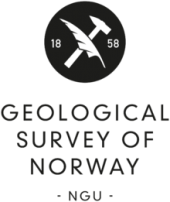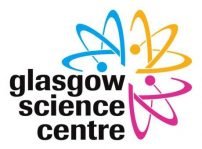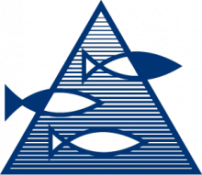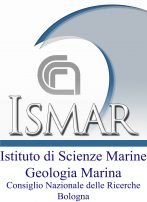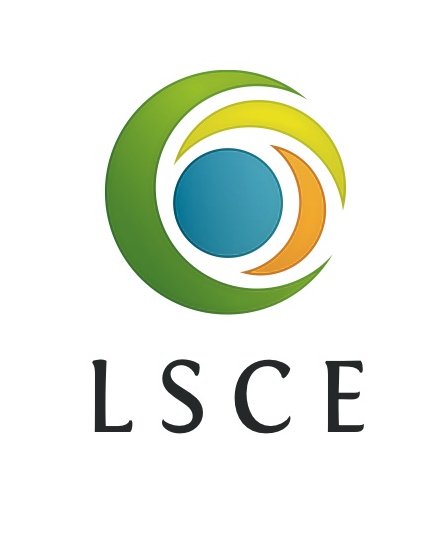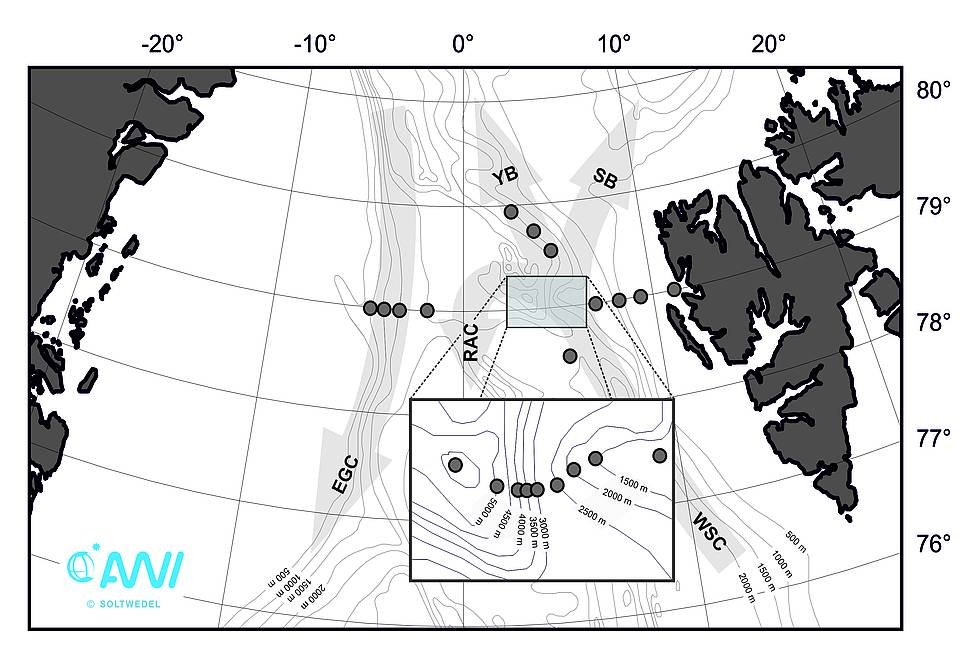Arctic Links
-
Foreign and Commonwealth Office (FCO)
The United Kingdom’s Foreign and Commonwealth Office (FCO) works to protect and promote UK interests internationally, and works with other countries on issues of mutual concern like trade, climate change, security and economic development. The FCO’s Polar Regions Department addresses UK interests in both the Arctic and the Antarctic, using the best UK scientific research, know-how and advice. The FCO will be regularly updated with the scientific findings of the CAO Programme.
View Link: https://www.gov.uk/government/organisations/foreign-commonwealth-office
-
Geological Survey of Norway (NGU), Norway
NGU is the national institution for the study of bedrock, mineral resources, surficial deposits and groundwater.
Research organisations and programmes
View Link: https://www.ngu.no/en
-
Glasgow Science Centre
Glasgow Science Centre has visitor attractions that present concepts of science and technology in unique and inspiring ways. The aims of the Glasgow Science Centre are:
- To create interactive experiences that inspire, challenge and engage to increase awareness of science for all in Scotland;
- To enhance the quality of science and technology learning;
- To communicate the role of leading edge science and technology in shaping Scotland’s future;
- To build partnerships to develop our national role in science communication and education;
- To promote Scotland’s science, education and innovation capability.
Gillian Laing, Deputy Director of Glasgow Science Centre, will be working closely with the Arctic PRIZE project to deliver events showcasing the project’s science.
View Link: http://www.glasgowsciencecentre.org/
-
Institute of Marine Research (IMR), Norway
IMR is Norway’s largest centre of marine science. Its main task is to provide advice to Norwegian authorities on aquaculture and the ecosystems of the Barents Sea, the Norwegian Sea, the North Sea and the Norwegian coastal zone. IMR’s main activities are monitoring, research and advice.
Research organisations and programmes
View Link: http://www.imr.no/en
-
Intergovernmental Panel on Climate Change (IPCC)
The Intergovernmental Panel on Climate Change (IPCC) is the international body for assessing the science related to climate change. The IPCC was set up in 1988 by the World Meteorological Organization (WMO) and United Nations Environment Programme (UNEP) to provide policymakers with regular assessments of the scientific basis of climate change, its impacts and future risks, and options for adaptation and mitigation.
International/regional organisations
View Link: http://www.ipcc.ch/
-
International Council for Exploration of the Seas (ICES)
ICES advances the scientific understanding of marine ecosystems, and provides information, knowledge, and advice on the sustainable management of human activities affecting, and affected by, marine ecosystems.
International/regional organisations
View Link: http://www.ices.dk/Pages/default.aspx
-
Long-Term Ecological Research (LTER) Observatory HAUSGARTEN, Germany
Enabling the detection of expected changes in abiotic and biotic parameters in a transition zone between the northern North Atlantic and the central Arctic Ocean, the Alfred Wegener Institute established the deep-sea observatory HAUSGARTEN in the eastern Fram Strait. HAUSGARTEN observatory displays 21 permanent stations covering a water depth range of 300 to 5500 m water depth. Repeated sampling and the deployment of moorings and different free-falling systems which act as observation platforms has taken place since the beginning of the station in summer 1999. At regular intervals, a Remotely Operated Vehicle (ROV) is used for targeted sampling, the positioning and servicing of autonomous measuring instruments and the performance of in situ experiments. A 3000 m depth-rated Autonomous Underwater Vehicle (AUV) extends the sensing and sampling programmes.



